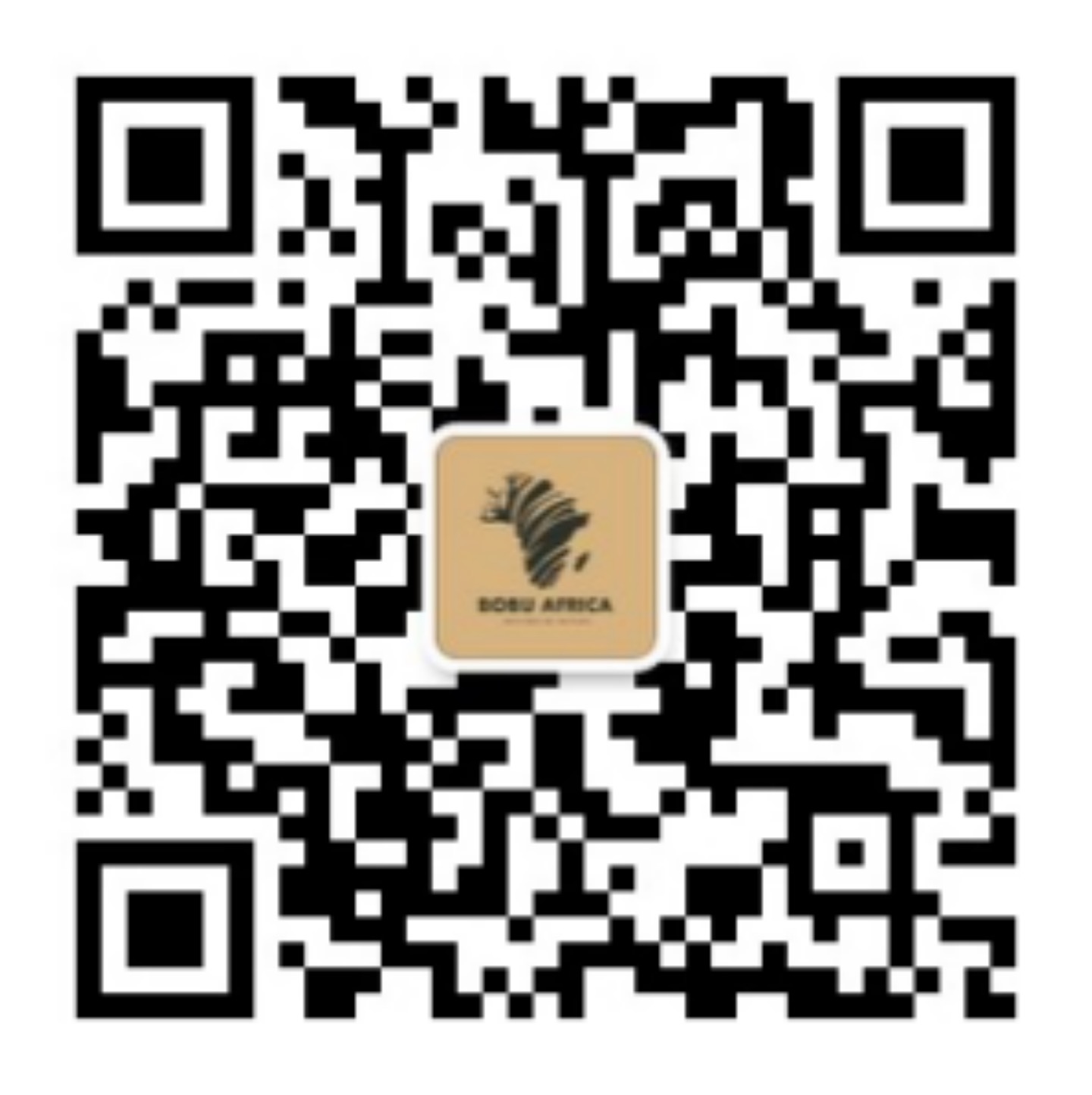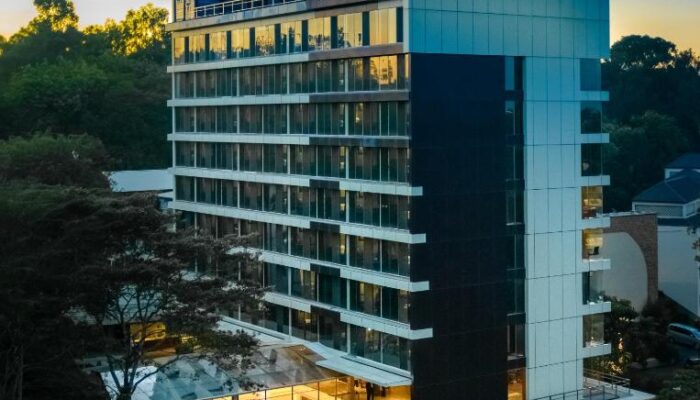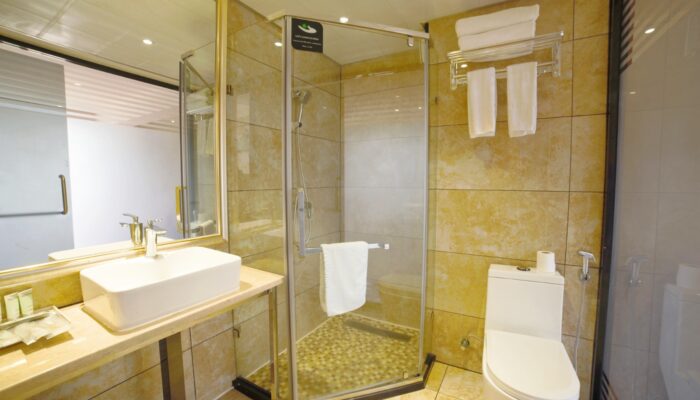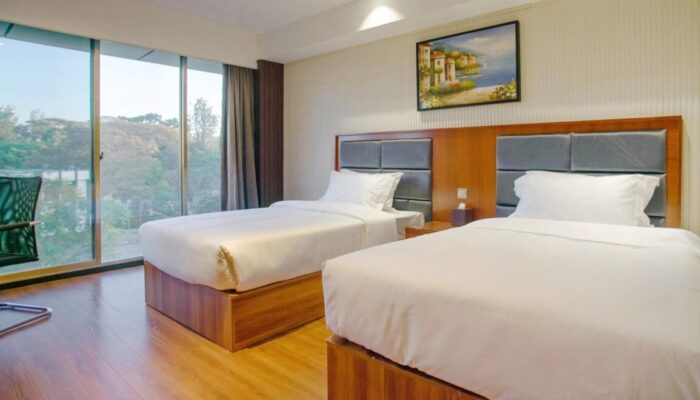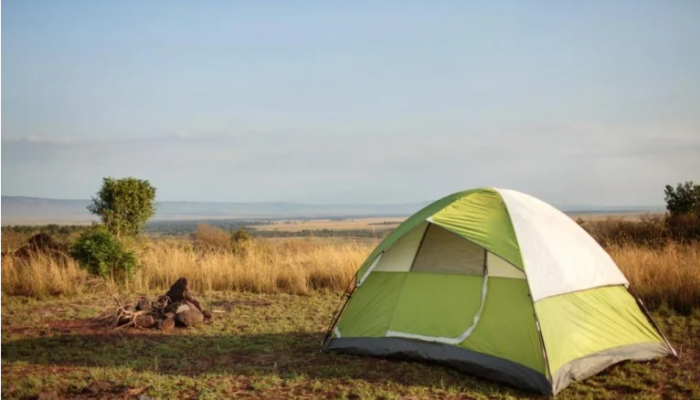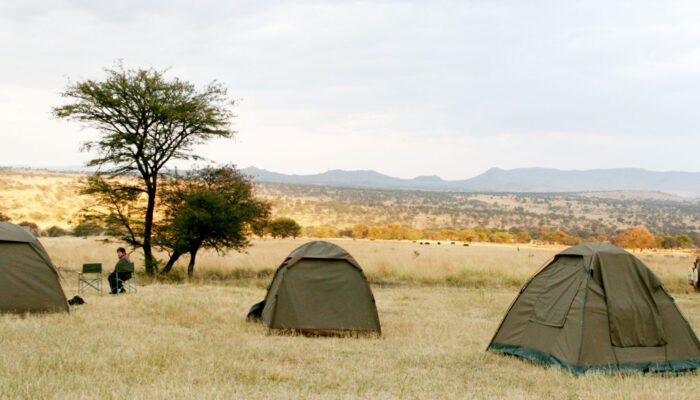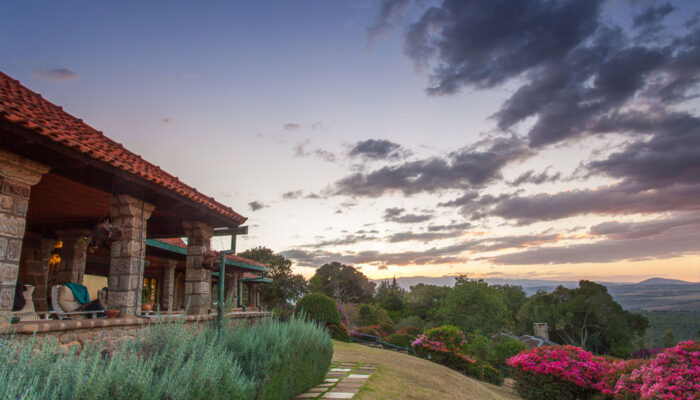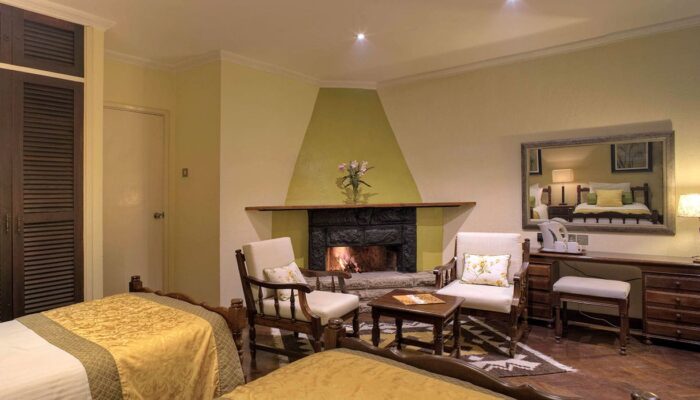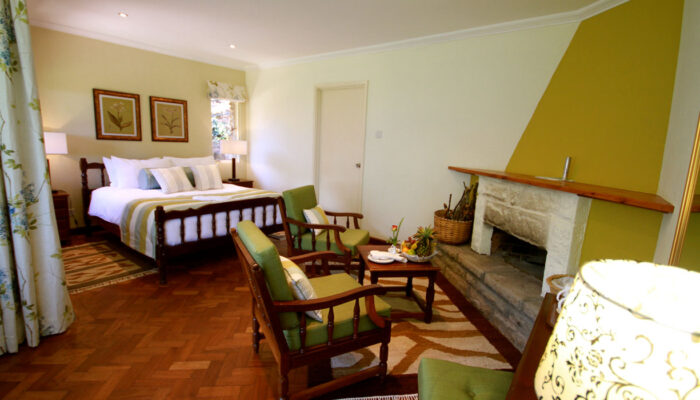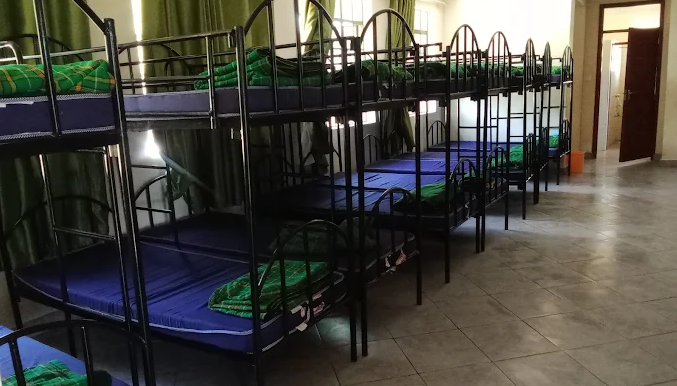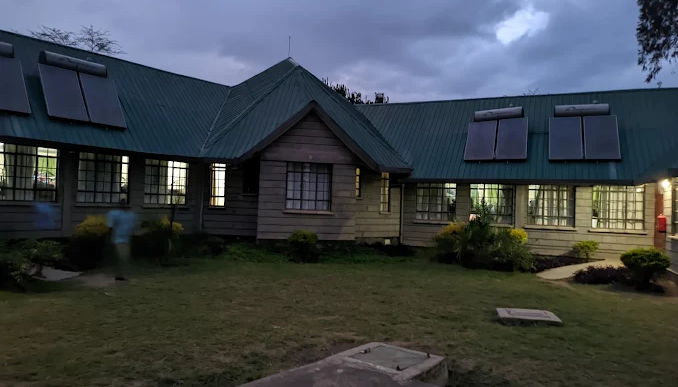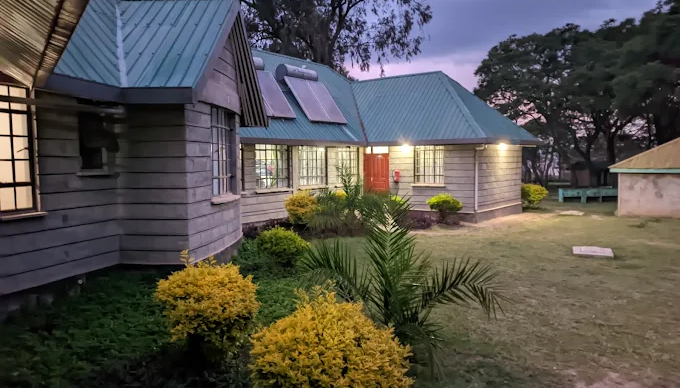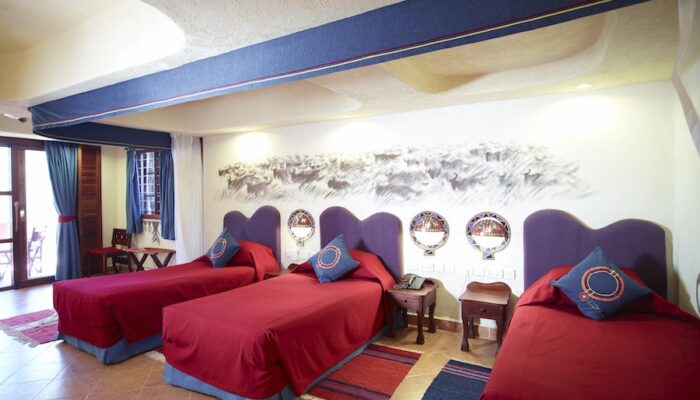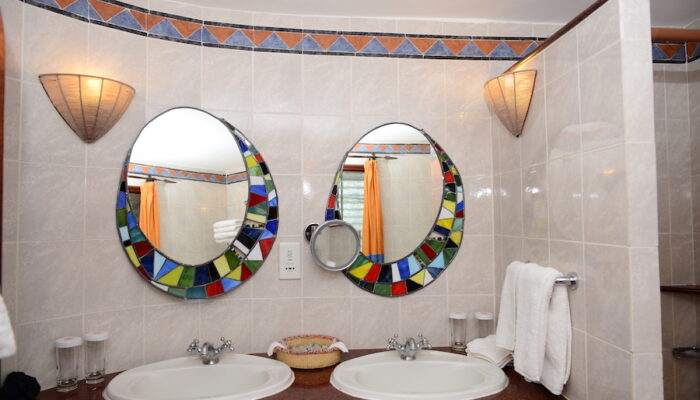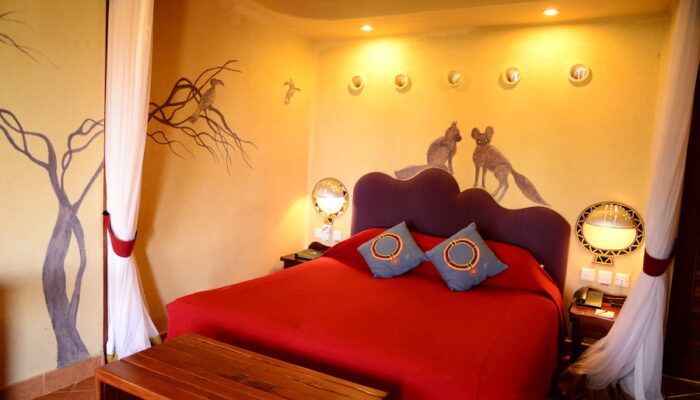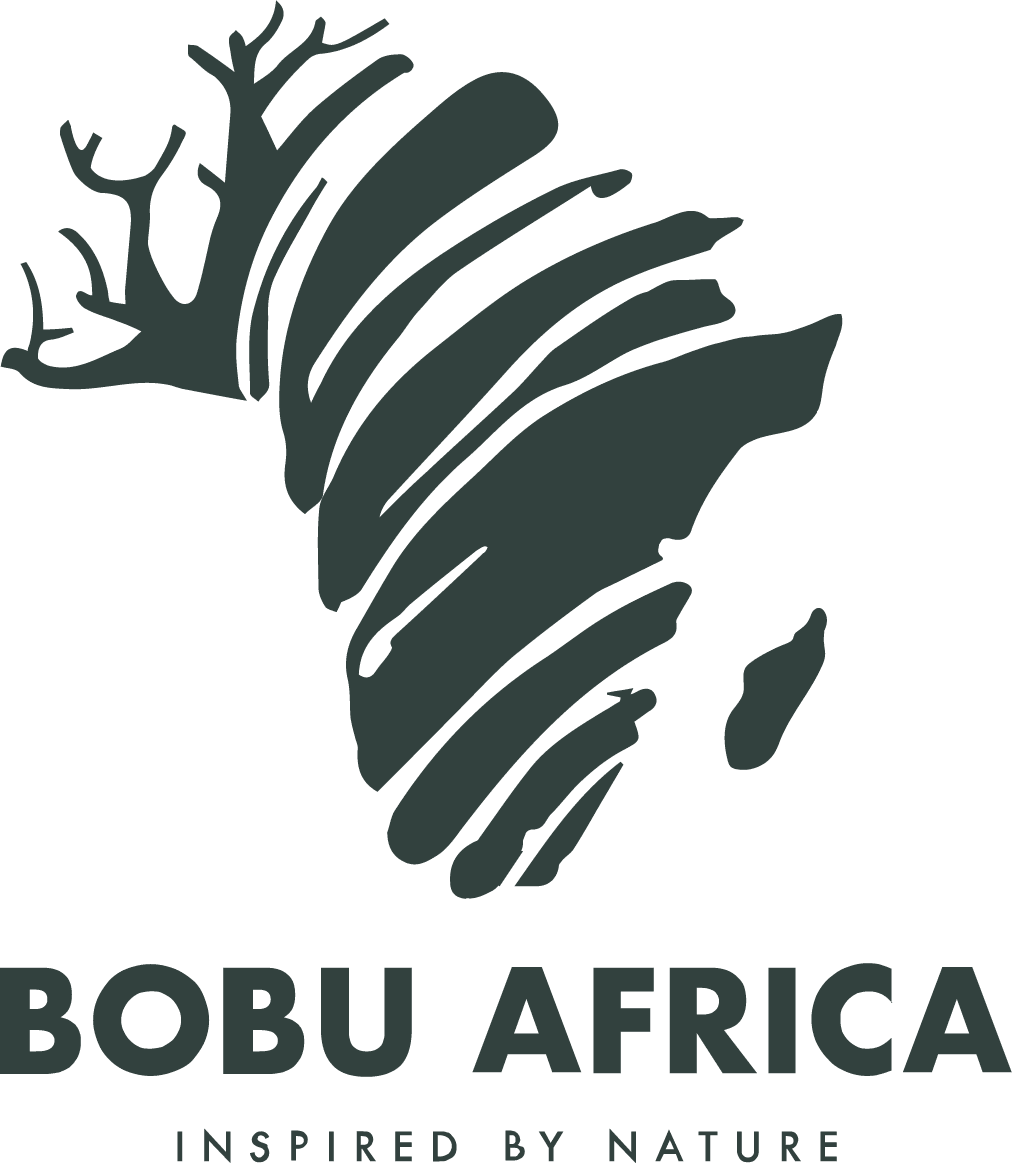Max 12 Guests
NO SINGLE SUPP
1 GUIDE
50% DEPOSIT
FROM USD $2,730
KENYA
Our eco‑safari showcases East Africa’s most celebrated wildlife arenas through a sustainable lens. In the Masai Mara, small‑group game drives and low‑impact camps immerse you in the epic saga of the Big Cats and the pulse‑quickening wildebeest river crossings of the Great Migration. Amboseli offers its signature “elephant theater,” where vast herds roam beneath Kilimanjaro’s snow‑capped peak as you relax in eco‑friendly lodges powered by renewable energy. Lake Nakuru’s shimmering soda waters reveal endangered white and black rhinos grazing alongside blush‑pink flamingos, a vivid testament to critical Rift Valley conservation initiatives.
5 SPACE(S) AVAILABLE
29 Sep - 08 Oct 2025
USD 2730
HOSTED BY:
Nature
Fully Booked
01 Jun - 08 May 2025
USD 2000
HOSTED BY:
Nature
Beyond these marquee parks, our journey delves into Kenya’s lesser‑known eco‑gems. Samburu’s arid plains are home to the “Special Five” (reticulated giraffe, Grevy’s zebra, Beisa oryx, Somali ostrich, and gerenuk), and a Maasai homestead visit deepens your connection to community‑led stewardship. On Lake Naivasha, glide past hippos and African fish eagles on a solar‑powered boat before exploring predator‑free Crescent Island alongside free‑roaming giraffes and zebra. In the misty Aberdares, expert‑led birding and nature courses open your eyes to rare forest species, and at Reteti Elephant Sanctuary you’ll meet orphaned calves rescued by Maasai rangers. From the very first eco‑briefing in Nairobi to your final farewell, every step of this safari is designed to celebrate and protect Africa’s wild heart.
Our Rates Are Per Person Sharing Unless We Note Differently
- Please treat all pricing as a guide only:
- All rates are subject to availability and may change without notice.
- Single supplements may apply.
- Request a quote or speak to one of our African Safari Experts for the best, most current rates available.
- Safari Cruiser: 8-seater
- 4 Night Hotel + 5 night camping
- Meal in the itinerary
- Park Fee Tickets
- Driver and guide
- Mineral water
- Kenya helicopter rescue insurance
- East Africa Guidebook
- Pre-trip Brief
- Boat safari & Crescent Island
- Tipping
- Meals not in itinerary
- Optional activities
- Customs taxes
- Personal expenses
- Non-itinerary transport
- Yellow Fever Vaccination
- Travel insurance
- Air tickets
- Visa fee
- Camping Gear
Day 2 & 3: Samburu
Day 4: Aberdares
Day 5: Nakuru
Day 6 & 7: Masai Mara
Day 8: Naivasha
Day 9: Amboseli
Day 10: Nairobi
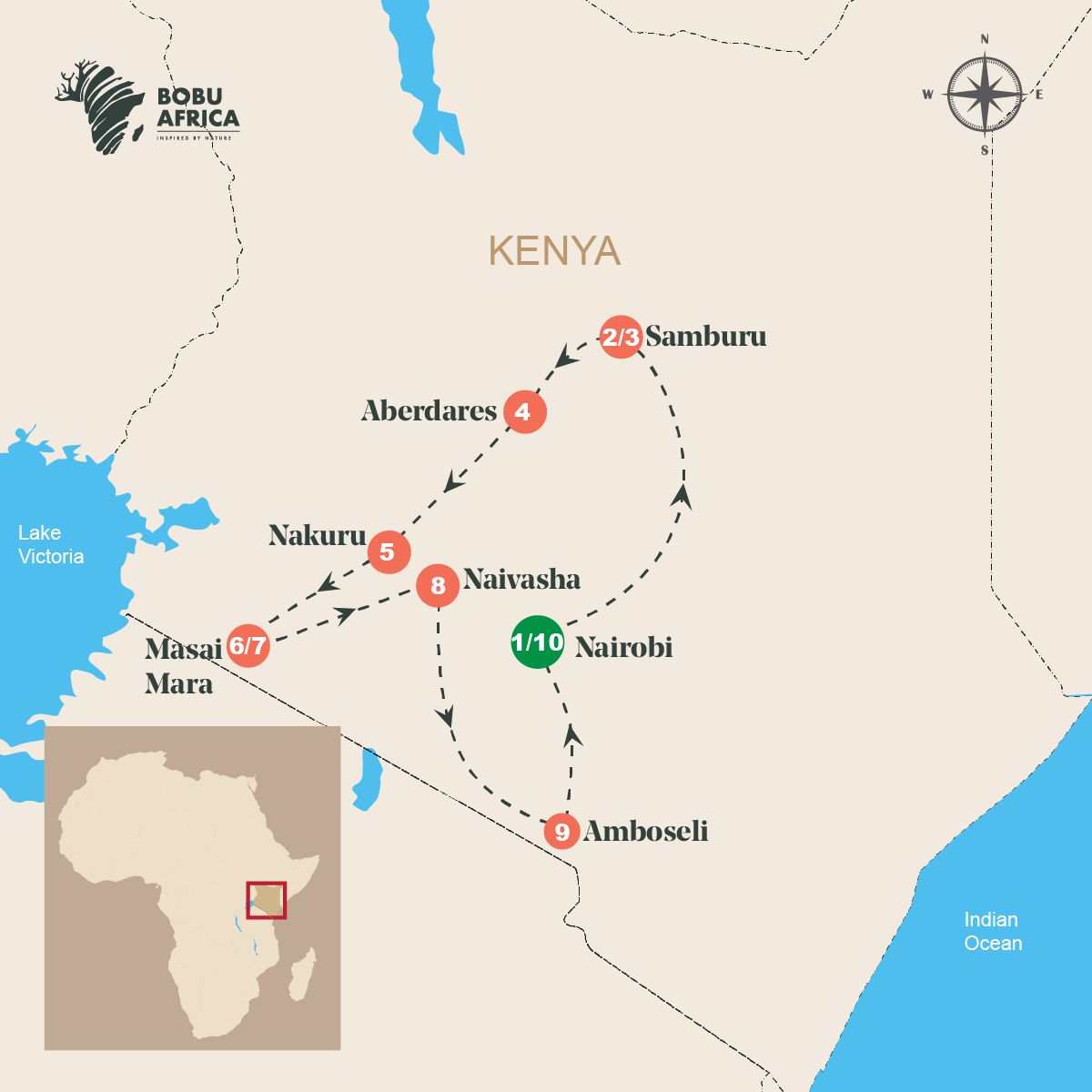
Nairobi
Arrive in Nairobi’s bustling Jomo Kenyatta International Airport and feel the thrill of Africa the moment you step off the plane. Your Bobu Africa representative welcomes you with warm smiles and cool towels, whisking you off to your comfortable city hotel. As the sun sets, gather with fellow travelers for an informative welcome briefing—safari tips, safety pointers, and a peek at the adventures to come—before enjoying your first Kenyan dinner and settling in for the night. Hotel:
Swiss Lenana
Samburu
Rise early for a hearty breakfast, then embark on the scenic drive north into Samburu country. By midday you’ll arrive at Bomen Camp, where a delicious lunch fuels your first safari thrills. As afternoon light bathes the dusty plains, head through Buffalo Springs gate for your inaugural game drive—keep your eyes peeled for Samburu’s “Special Five” (reticulated giraffe, Grevy’s zebra, Beisa oryx, Somali ostrich, and gerenuk). Return to camp for a sundowner cocktail over the horizon, followed by dinner beneath a blanket of stars. Next day accompany your guide and Maasai warriors on a sunrise game walk—feel the pulse of the wild at your feet. After breakfast under acacia trees, opt into a cultural immersion at a nearby Samburu homestead: learn traditional beadwork, spear-throwing, and everyday life from your gracious hosts. Later, spot elephants gathering at the Ewaso Nyiro River on your afternoon drive, then share stories and s’mores around tonight’s bonfire, serenaded by the calls of hyenas in the distance.
Camping
Aberdares
Wake to melodious bird calls over your campfire breakfast, then dive into a guided nature course—binoculars at the ready for colorful hornbills, sunbirds, and the rare lilac-breasted roller. Mid-morning, journey to Reteti Elephant Sanctuary where you’ll meet orphaned baby elephants and hear their inspiring rescue stories. After a boxed lunch, continue through scenic highlands to Aberdare Country Club, your cozy mountain retreat for dinner and dream-filled sleep. Hotel:
Aberdares Country Club
Nakuru
Following breakfast with panoramic mountain views, descend to Lake Nakuru National Park. Check into your lakeside camp before lunch, then set off on an afternoon game drive in search of white and black rhinos grazing among acacia-dotted plains. Marvel at vibrant pink flamingo flocks coloring the water’s edge and keep watch for elusive leopards lounging in fever trees. Return to camp for dinner as the park’s elephants trumpet their evening calls. Camping:
WCK Campsite
Masai Mara
After a sunrise breakfast, head west toward the world-famous Masai Mara. Cross rolling hills and stop for photo-worthy vistas before arriving at your safari camp by lunchtime. Refreshed and ready, you’ll embark on your first Mara game drive—lions stalking prey in the long grass, herds of zebra grazing, and maybe even a glimpse of a cheetah sprinting for an impala. Sunset brings you back to camp for fireside drinks and a gourmet dinner under acacia silhouettes. Next day Pack a picnic breakfast and set out at first light for a full-day Mara immersion. Track the Big Five with your expert guide, stumble upon playful lion cubs, and photograph graceful giraffes browsing treetops. Pause for lunch in the wilderness, swapping stories while elephants roam peacefully nearby. As dusk falls, return to camp for sumptuous fare and a final night listening to the Maasai plains’ nocturnal chorus.
Camping
Naivasha
Depart the Mara after breakfast and journey to Lake Naivasha’s tranquil shores. Arrive in time for lunch at your eco-friendly camp, then board a boat for a gentle cruise past hippos wallowing in the shallows and African fish eagles diving for fish. Step ashore on Crescent Island to walk among free-roaming giraffes, zebra, and waterbuck—no predators in sight. Cap the day with dinner fireside and quiet reflection on the lake’s glassy surface.
Camping
Amboseli
Today’s route takes you to Amboseli National Park, where Mount Kilimanjaro looms majestically overhead. After lunch at your lodge, head out for an afternoon safari among rolling marshes and open plains. Photograph massive elephant herds framed by the mountain’s snow-capped peak and watch for lion prides stalking in the tall grasses. Return for an evening of hearty fare and tales of giant tuskers under an African sky. Hotel:
Amboseli Serena
Nairobi
Before dawn’s glow fades, embark on one last short game drive to say goodbye to the wild. Enjoy a final breakfast in camp before winding your way back to Nairobi, arriving at Jomo Kenyatta International Airport in the early afternoon. With memories—and hundreds of photos—tucked safely away, you’ll board your flight home, forever changed by the epic wildlife, rich cultures, and breathtaking landscapes of East Africa.
Your Stay, Your Way
At Bobu Africa, we understand that where you stay is more than just a place to sleep—it’s an essential part of your journey and a reflection of the adventure itself. That’s why we take a different approach to safari accommodations. We don’t believe in one-size-fits-all. Instead, we craft your accommodation choices around you—your preferences, your travel dates, your desired comfort level, and your unique sense of adventure. We work with a wide range of trusted camps, lodges, and boutique hotels across East Africa, each carefully vetted for quality, safety, service, and charm. Whether you envision a luxurious lodge with an infinity pool overlooking the savannah, a family-friendly camp with open space and comfort, or a rustic tented experience where you fall asleep to the sounds of the wild, we find the best possible options that align with your vision and the rhythm of your safari. Tailored Comfort in Every Destination From the moment you land to your final game drive, every accommodation is thoughtfully selected to enhance your overall safari experience. Some of our favorites include:
- Eco-lodges set deep in the bush, where you can sip sundowners by a firepit and listen to lions roar in the distance.
- Charming lakeside retreats, perfect for birdwatching and peaceful sunsets.
- High-end tented camps that blend comfort with nature, offering ensuite bathrooms, king-sized beds, and private verandas.
- Mountain and crater-view lodges, where every morning begins with spectacular panoramas of iconic African landscapes.
No matter where you go, you can count on:
- Clean, comfortable, and safe accommodations
- Friendly staff and warm East African hospitality
- Meals that celebrate local flavors, often served in scenic outdoor settings
- Access to unique extras like cultural performances, guided nature walks, and even surprise bush breakfasts
More Than a Place to Sleep—A Place to Remember So whether you’re a seasoned explorer or planning your first safari, rest assured that with Bobu Africa, your stay will be as unforgettable as the landscapes, wildlife, and people that make Africa so magical. And if you’re not sure what kind of stay best suits you, our travel specialists are here to advise, recommend, and help you imagine the possibilities. You’ll never have to choose between comfort and authenticity—with Bobu Africa, you get both. Eka Hotel Nairobi : Eka is a contemporary 4-star hotel in Nairobi, conveniently located at the intersection of Mombasa Road and Southern By-pass, 5 minutes from JKIA through the express highway with close proximity to the Nairobi national park, major government and corporate organizations. Eka Hotel Nairobi features 167 well-appointed rooms, five meeting & conference rooms, restaurant & bar, gym, swimming pool, gift shop, wellness center among other top facilities offering the best choice venue for your business and leisure stay. Lake Nakuru Sopa Lodge: Located on a range of hills that form the western limits of Africa’s Great Rift Valley, the lodge offers spectacular views over the vastness of Africa. The lodge also overlooks Lake Nakuru and its surrounding National Park, one that is a paradise for bird watchers and wildlife lovers alike. Lake Nakuru National Park is mainly a wooded and bushy grassland with a wide ecological diversity and characteristic habitats that range from the lake waters to the escarpment and ridges. Oltukai Lodge: Ol Tukai Lodge is set at the foot of Mt. Kilimanjaro in Amboseli National Park, which is renowned for its elephant population. Writers have described Ol Tukai and the surrounding Amboseli with its breathtaking scenery and unique wildlife as ‘A home for the gods’. The lodge opened its doors in 1996, on the original setup for the film crew who shot Snow at Kilimanjaro in 1948 starring Gregory Peck, Susan Hayward and Ava Gardner – an adaptation of The Snows of Kilimanjaro and Other Stories, a compendium of short stories authored by Ernest Hemingway that was published in 1961.
